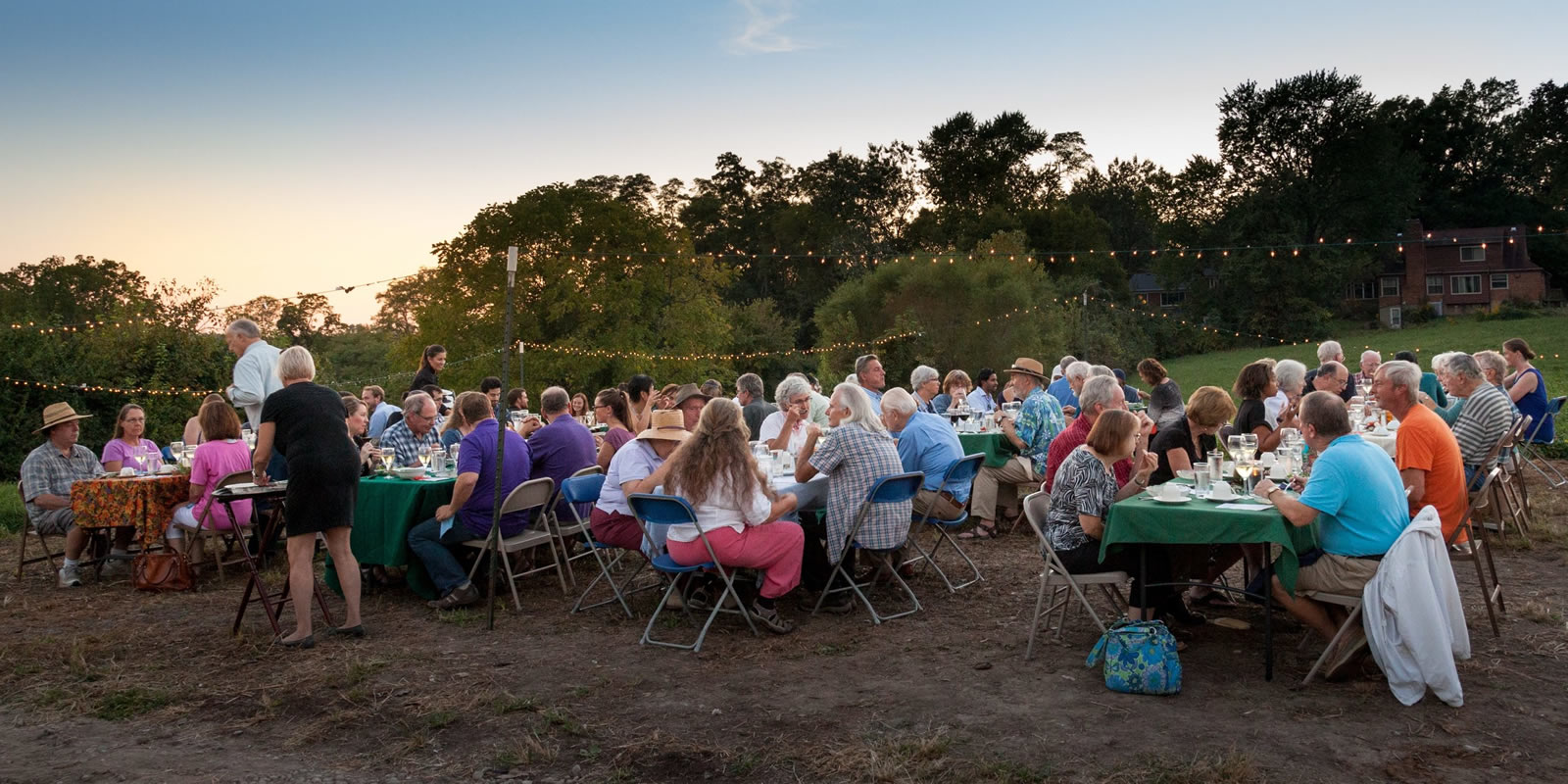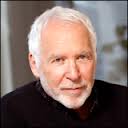The Consumer Economy and its Crushing Assumptions
By Peter Block
What assumptions form the dominant free market consumer economy? What is an alternative way? Peter Block explores in this second article originally published in Streetvibes newspaper. (To read the first part, click here.)
We can complain about the 1% who have all the money, complain about the sins of the rich and the suffering of the poor. There is truth in this, but it is an old and tired conversation that does not take us anywhere. It ends up trying to fix the current system by changing taxes, arguing about government, changing wage policies. These are trying to reform the effects of the current economic system without questioning the nature of the system itself. If you participate in a predatory and privatized economy – based where profit is the main point and low cost is the means to get there – you get what we have.
The option is to question the assumptions we act on which we think are in the nature of things but are in fact, un-natural. The new assumption alternative economy is called by many names: Compassionate Economy, Well Being Economy, Informal Economy, Cooperative Economy. These seek to tilt the economic system towards the common good and end the exiling effects of the current market system. To do this we need to question the basis of the dominant free market consumer economy. The consumer economy is based on certain assumptions:
- Whatever you have is not enough. If what you have is not enough, then you are not enough. If you have less, then obviously something is wrong with you. This is a scarcity worldview. Scarcity is the engine that drives our economy. Only what is scarce has value. This idea of scarcity is constantly marketed. It is what keeps us constantly wanting. Rich people and poor people both constantly want more.
- Whatever you need can be purchased. Everything can be outsourced. Want to raise a child, care for the elderly, be safe, and be healthy? Be happy? You can hire people and systems to do this. Schools will raise our children, police will keep us safe, medical services will keep us healthy, golden years residence wills care for the elderly. The service economy is a catchword for this. In this belief, we no longer need our communal capacity to produce much of what truly matters. Being poor in this context means that you do not have the means to outsource and buy these services. It also means that people on the margin pay more for everything.
- Labor is a commodity. A person can be purchased at the lowest cost and is expendable, replaceable and a holding action for automation. Capital chases cheap labor. It commodifies us. It dehumanizes us and separates us from the human soul that provides the labor. Community and the common good pay the price for this often in the form of debt that will never be repaid. In an economy that only rewards market value, if you live on the margin, or are elderly, or a child or youth, or unschooled, then you are declared useless. And for what labor you do provide, you owe your soul to the company store.
- There are a widespread number of legal ways for making excessive money on the poor. It is the Poverty Industrial Complex. Some examples: Pay day loan check cashing services are open 24/7. They charge interest rates of 30-100% a year. Convenience stores, liquor stores, Dollar Stores, and others charge 20% premium in low income neighborhoods. Cigarettes 50 cents each. Day labor at low rates with deductions for transportation, uniforms, taxes that will never be declared. Landlords that rent their properties abandon them and enjoy tax incentives.
- Debtor Prisons. We saw in Ferguson that penalties on tickets and infractions became a major source of income for the municipality. Crime does pay. That civil nonpayment became criminal charges and in so doing reinstated debtor prisons.
All of these are part of the current system.
Jubilee Call
We are creating an Economics of Compassion Initiative to create an alternative to this so called free market consumer economy. It is a project of consciousness and commitment. It is based on the idea of Jubilee, which is to forgive the debts of the poor. But it is not so simple as forgiving debt. There is no financial solution to the breakdown in community caused by the consumer assumptions listed above. Those assumptions create a culture of isolation, class divide and fear. The loss of care for the commons. The solution is a communal enterprise, for many an expression of our faith and religion that commands our attention and generosity.
In the context of the consumer assumption of nothing is enough and income and purchasing power is the key to well-being, the economic disparity and the burden on the poor cannot be solved by writing checks or creating new policy and legislation. Nor can financial literacy and economic education break the spell. They all help and are worth doing, but what is required is an act of imagination. To re-imagine our local, neighborhood economies and the capacities and financial sobriety of those who reside there. Of creating a neighborly social order instead of market defined social order. To replace consumption with neighborly covenant.
It may naturally begin with acts of forgiveness. We can each begin in our own personal lives. Who owes us money and how might we authentically lift that burden? We also need communal structures to release people from debt burdens and de-facto imprisonment. We need Slow Money and Rolling Jubilee. We need a community conversation about reparations. This can occur within a local and national movement.
We need to recognize this effort is occurring in every city and rural town in America. This is an alternative economic system. It shows up under many names: Localism, Food Shed, Social Entrepreneurship, Co-operatives and Mondragon. It is publicized by the Our Harvest Co-op in Cincinnati. This alternative economic system calls us to build resident controlled, neighborhood businesses. It demands that we, especially those who are economically isolated, be obsessive about where we spend our dollars. We have to keep the dollars circulating locally. We need to support groups like Mortar who are building local minority businesses.
We need to explode the myths of fast foods and big box stores being cheaper; the myth of cell phones really connecting us; and the myth that more schooling is what will reduce the economic divide we began with. More on these later.
Learn more:
Economics of Compassion Initiative
Photo Credit: Paul Davis
Used with permission from Our Harvest Cooperative.





